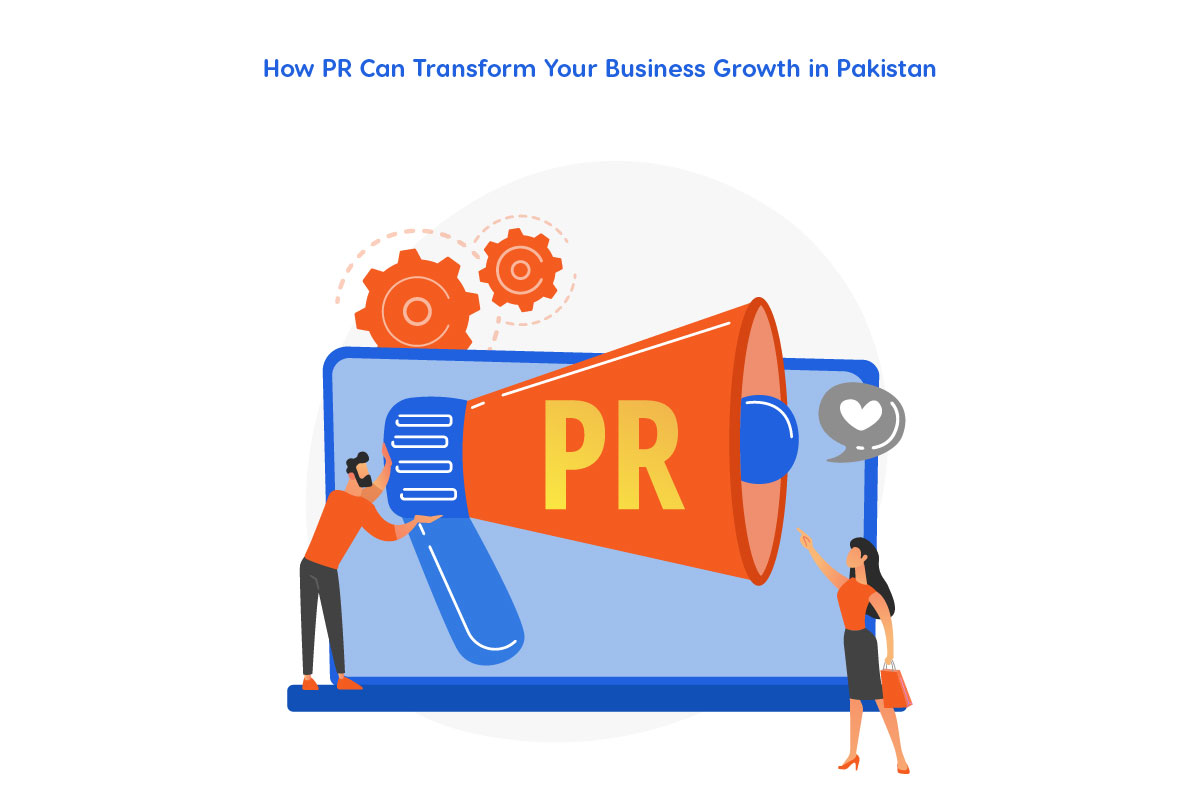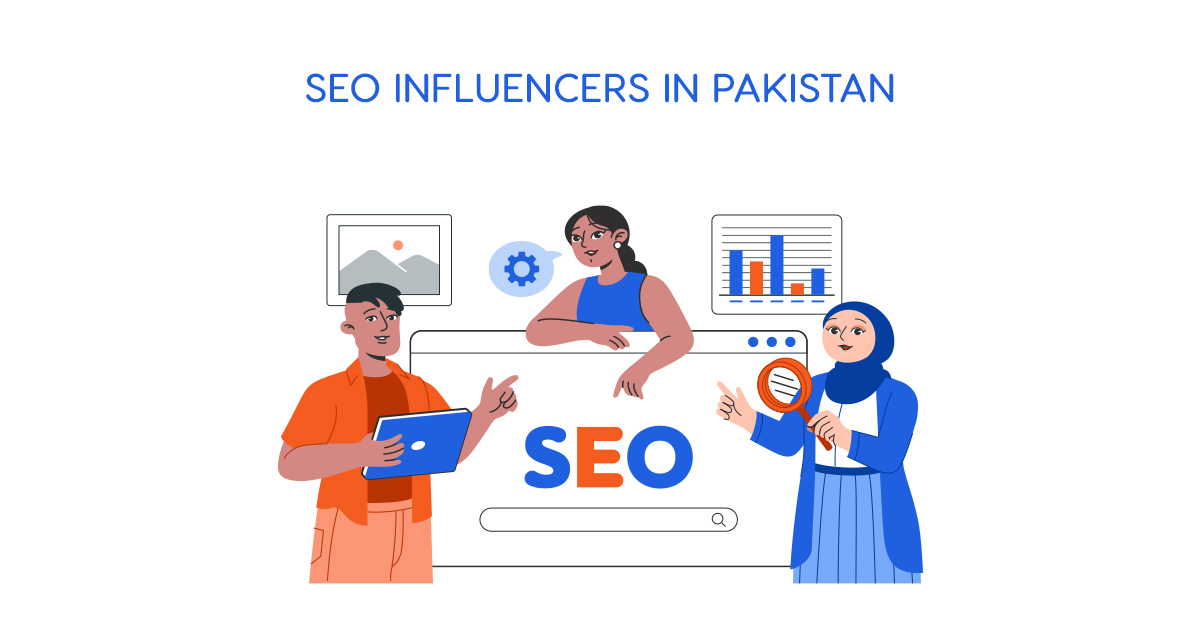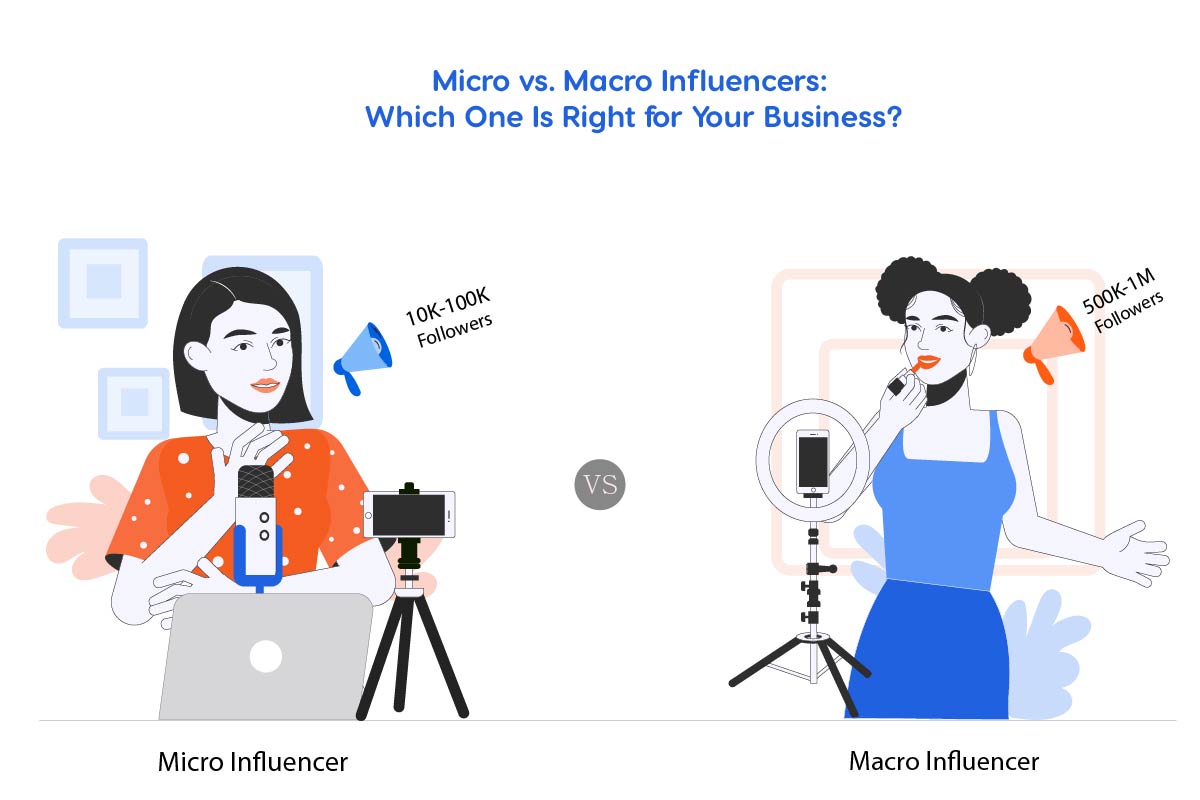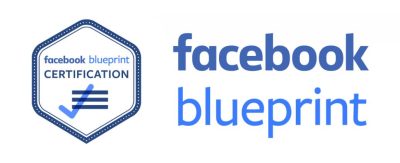If you are diving into influencer marketing, the last thing you want is legal trouble disrupting your campaign. It is an exciting space where brands of all sizes can run creative campaigns and see big results. But no matter how innovative your content is, it won’t work if you don’t follow the rules. In Pakistan, influencer marketing is subject to various laws and regulations that ensure transparency, ethical practices and consumer protection. Whether you are a small business without a legal team or a marketer wanting to stay informed, we have got you covered. Our Tashheer research team has rounded up ten key laws to help you stay on the right track. Understanding these will keep your contracts solid and your campaigns running smoothly. Let’s break it down!
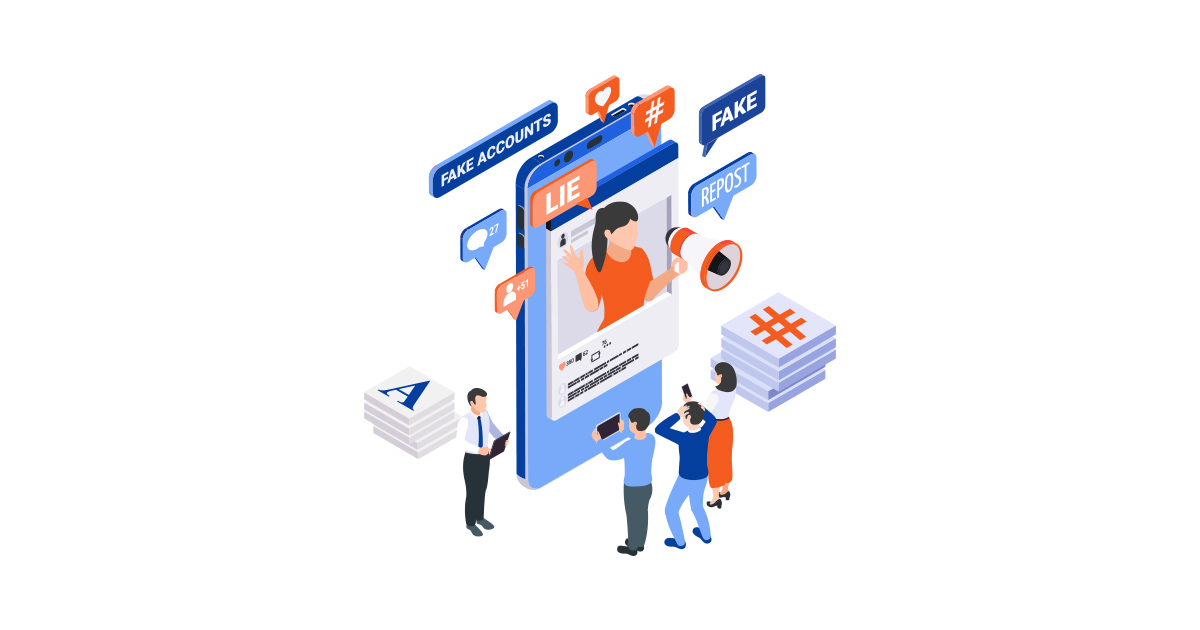
Are you looking for professional influencer marketing services in Pakistan? Let’s explore the website to get services.
Key Laws Every Influencer Marketer in Pakistan Should Know
Here is the list of 10 must know legal rules for influencer marketing in Pakistan, mentioned as:
The Pakistan Telecommunication (Re-Organization) Act, 1996
The Pakistan Telecommunication Authority (PTA) is responsible for regulating telecommunication services in the country including social media platforms. Influencers must ensure their content complies with the PTA’s rules particularly in terms of content related to hate speech, indecency and national security. The law holds influencers accountable for content that violates these guidelines. For Example, if an influencer spreads fake news about a competitor or promotes illegal activities, their account may be suspended or banned by the PTA.
Key Takeaways for Influencers:
The Electronic Transaction Ordinance, 2002
This ordinance governs electronic transactions and includes provisions for the protection of consumers in online businesses. Influencers must ensure that paid promotions and affiliate marketing do not involve fraud or misleading claims. Any agreements or contracts between influencers and brands (such as brand deals or sponsorships) have legal validity under this ordinance. Protects consumers from online scams and fraudulent product claims. For Example, if an influencer is paid to promote a skincare product but falsely claims it has 100% guaranteed results, they can face legal action for deceptive marketing.
The Consumer Protection Act, 2005
This law aims to safeguard the interests of consumers in Pakistan, ensuring they are not subjected to unfair trade practices. Influencers must ensure that their marketing content does not deceive or manipulate consumers particularly when promoting products that may have safety or health concerns. This law protects consumers from misleading advertising, false claims and defective products. Influencers cannot deceive or mislead consumers with exaggerated claims. Promoting fake or unverified products (e.g., weight loss pills with no proven results) can lead to legal consequences. Influencer endorsements must be honest and transparent, avoiding any misrepresentation of a product’s effectiveness. For example, if an influencer promotes a diet supplement as “approved by doctors” without proof, they can be sued for deceptive advertising.
The Pakistan Penal Code
Under the PPC, certain actions such as defamation, fraud and spreading false information are punishable offenses. Influencers need to be cautious when endorsing brands or products, ensuring that they don’t damage a competitor’s reputation or make false claims about a product or service that could result in legal action.
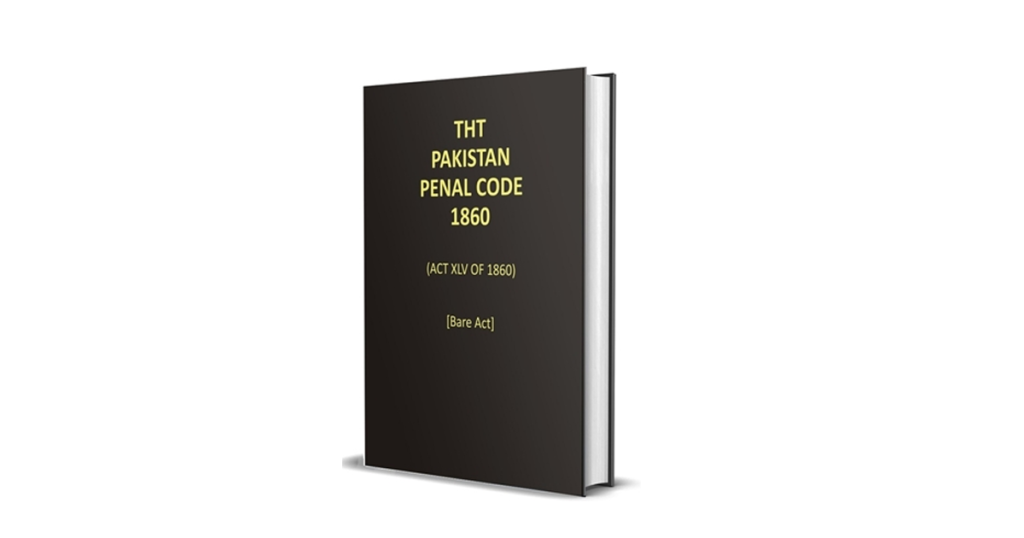
Key Takeaways for Influencers
Here’s the table format for the mentioned sections:
| Legal Issue | Relevant Section | Explanation |
|---|---|---|
| Defamation | Section 499-500 | Influencers must avoid making false statements that harm a person’s or brand’s reputation. |
| Fraud | Section 420 | Promoting fake giveaways, scamming followers, or taking money without delivering services. |
| Spreading False Information | Section 505 | Posting fake news or misleading information can lead to penalties, including fines or imprisonment. |
The Copyright Ordinance, 1962
This law protects intellectual property rights including the rights of creators of content such as images, videos and written materials. Influencers must respect the intellectual property rights of others by not using copyrighted material without permission or proper attribution. Similarly, influencers must protect their own content from unauthorized use. For example, using a popular song in a TikTok ad without permission can lead to copyright strikes or lawsuits. Brands can take legal action if influencers steal their content or branding materials. For example, Using a popular song in a TikTok ad without permission can lead to copyright strikes or lawsuits.
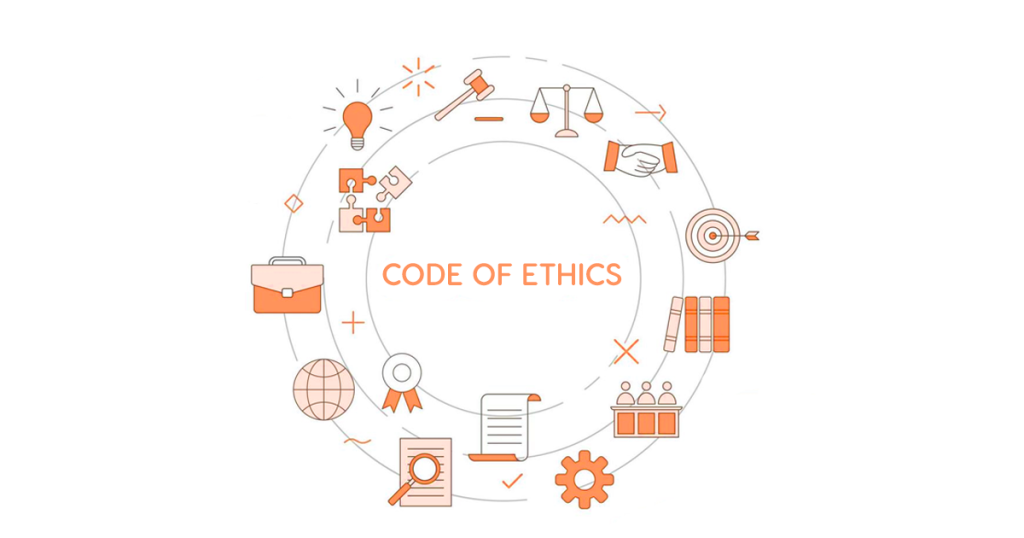
The Drug Regulatory Authority of Pakistan (DRAP) Laws
For influencers promoting health or beauty products, it is crucial to adhere to DRAP guidelines. The promotion of drugs, cosmetics or medical devices is strictly regulated in Pakistan and influencers must ensure that any health-related claims made in their promotions are backed by scientific evidence and do not mislead the public. Influencers cannot promote unregistered medicines, supplements or illegal health products. Influencers promoting medical procedures or prescription drugs without approval can face heavy fines or imprisonment.
How influencers are bridging the gap between urban and rural audiences in Pakistan? Let’s read more about it.
Social Media Regulations by the PTA
The PTA has introduced various regulations to monitor and control social media activity in Pakistan. PTA has introduced social media rules under the Removal and Blocking of Unlawful Online Content (2021) Rules. Influencers must comply with these regulations which aim to prevent the dissemination of harmful content including hate speech, misleading information and offensive material. Failure to comply can result in the removal of content or a ban on the influencer’s social media account. Content that violates religious, national security or moral guidelines can be removed or blocked. Influencers must follow community guidelines of platforms like Facebook, Instagram, TikTok and YouTube.
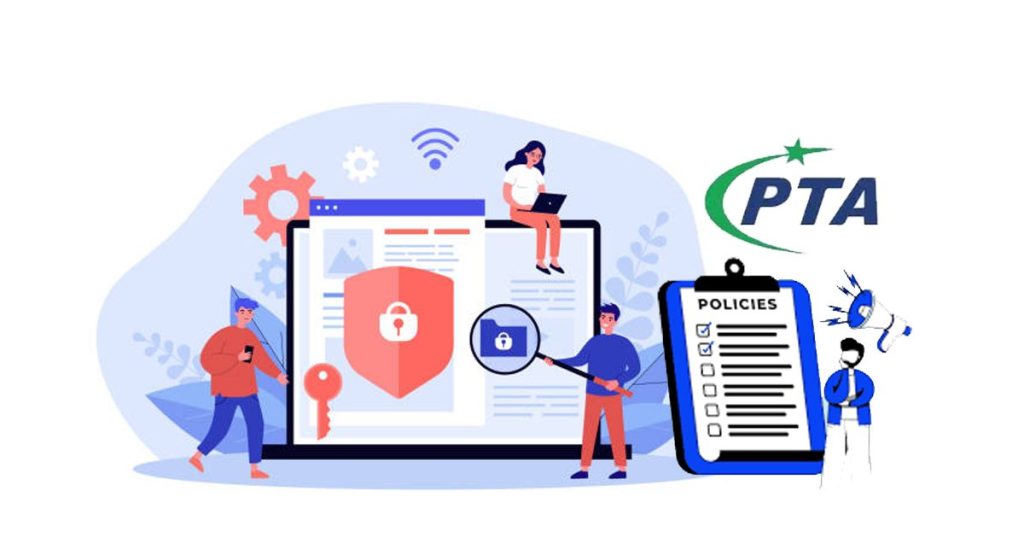
Data Protection and Privacy Laws
In 2025, Pakistan is in the process of formulating strong data protection laws. In the interim, influencers should be cautious when handling the personal data their followers provide. Influencers must not share personal details without consent and must adhere to privacy standards to protect their follower’s information from being misused. For example, if an influencer leaks a customer’s private complaint or personal details, they can face privacy violations. Influencers must not share followers’ personal data (e.g., emails, phone numbers) without consent. Influencers collecting customer data for giveaways, email lists, or surveys must ensure its secure and not misused. Leaking private messages, sensitive brand deals or customer information can lead to legal action.
The Income Tax Ordinance, 2001
Income earned from influencer marketing, including sponsorships, advertisements, and affiliate marketing, is taxable under Pakistan’s Income Tax Ordinance. Influencers are required to report their earnings and pay taxes accordingly. Failure to comply with tax regulations can lead to penalties and legal action. Influencers earning above PKR 600,000 per year must file income tax returns with FBR (Federal Board of Revenue). Brands paying influencers may deduct withholding tax before making payments. Tax evasion can result in fines, penalties and even asset seizures. For Example, if an influencer makes PKR 1 million annually but doesn’t file taxes, they may face an FBR audit and penalties.
How to become a social media influencer in Pakistan? Let’s read more about it.
Final Words
Influencer marketing is a form of social media marketing involving endorsements and product placement from influencers, people and organizations who have a claimed expert level of knowledge or social influence in their field. However, as the industry grows, so do the legal responsibilities that come with it. From transparency in paid promotions to compliance with advertising ethics and consumer protection laws, influencers must navigate a legal landscape that ensures fair and ethical practices. Whether it’s avoiding misleading promotions, protecting intellectual property or paying taxes, staying informed about the legal landscape is important for long-term success in the industry. In this thorough article, our Tashheer research team has compiled some important laws every influencer marketer in Pakistan should know. Violating these regulations can lead to fines, content removal or even legal action.
